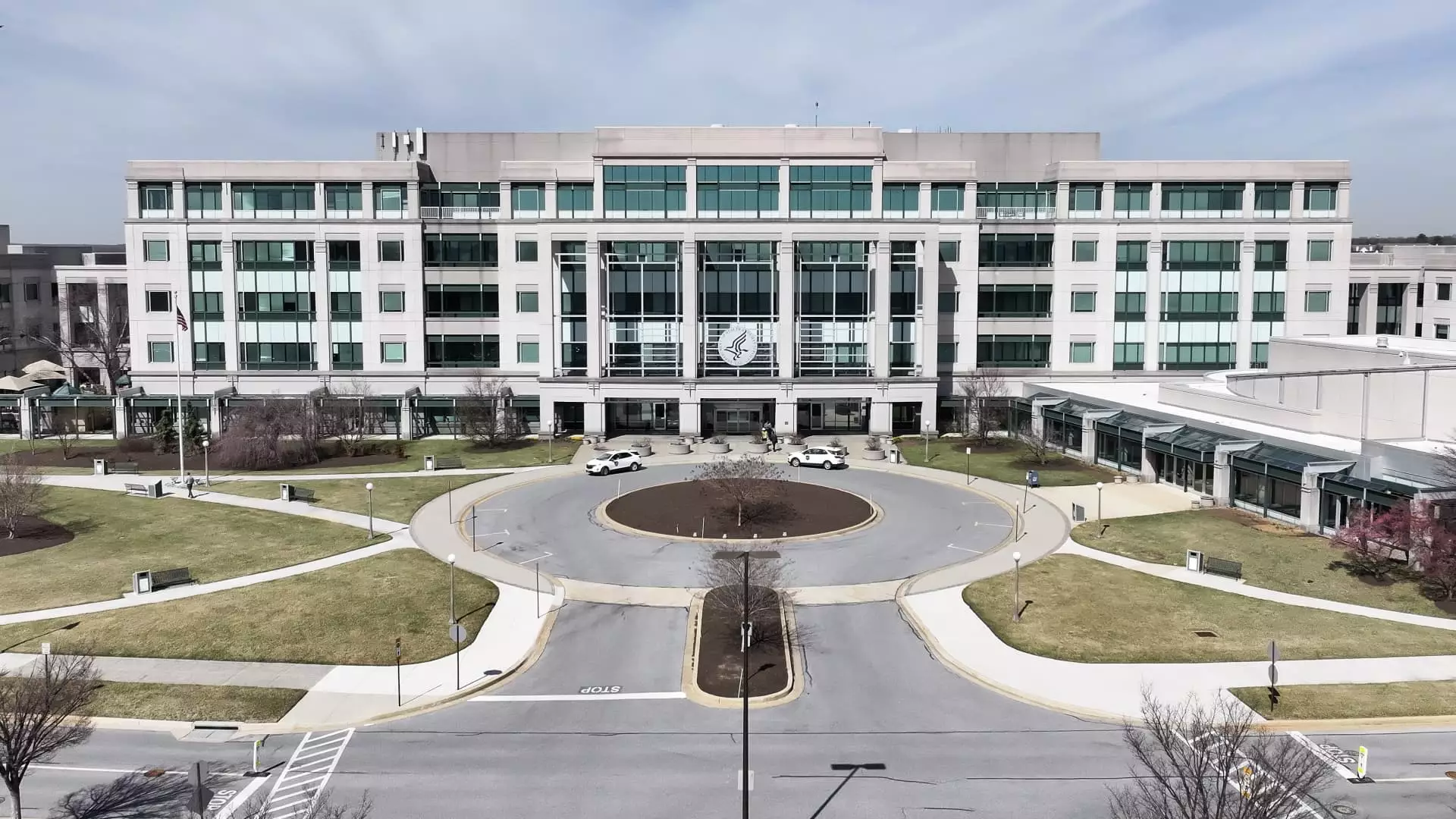The recent revelation that the Centers for Medicare & Medicaid Services (CMS) has enacted significant layoffs, particularly within its minority health office, sends shockwaves through an already strained healthcare system. In a tumultuous period characterized by ongoing public health challenges, the cruel irony of cutting personnel in this critical sector raises serious questions about the priorities of the Department of Health and Human Services (HHS) under the leadership of Robert F. Kennedy Jr. With a proposed reduction of 10,000 positions across HHS, including 300 specifically at CMS, the desire for “efficiency” appears to be overshadowing an elemental need for health equity and comprehensive care—especially for marginalized communities.
The Ripple Effect on Minority Health Initiatives
The minority health office, tasked with addressing health disparities for various demographic groups, has now been called into question due to its impending closures and personnel reductions. This entity was established through the Affordable Care Act over a decade ago, meant to counteract inequities permeating the healthcare system. The news that its functions are now being dismantled reveals not only a grave misunderstanding of healthcare needs but also a blatant disregard for diversity, equity, and inclusion (DEI) initiatives that are foundational to a truly equitable healthcare strategy. It seems that Kennedy’s administration is not just axing jobs; it is waging an ideological war against these fundamental rights.
The significance of the minority health office cannot be understated. It functions as a crucial bridge connecting local and federal agencies to work towards better healthcare outcomes for underserved populations. The gutting of this office not only risks reinvigorating health disparities but also reflects an alarming trend in policy-making that prioritizes budget cuts over human lives and health integrity.
The Role of Leadership in Health Care Reform
Stephanie Carlton, the acting administrator of CMS, offers an unsettling portrayal of the cuts. In a recent all-hands meeting, she stressed the necessity of achieving efficiency while balancing the agency’s mission. However, her assurances that the painful aspects of these layoffs are “finished” feel hollow when coupled with the knowledge that cuts are still being implemented carelessly across departments. The real implications of these layoffs have yet to play out, but the suspicion remains that the true human cost won’t be contained within the walls of CMS.
Moreover, as Dr. Mehmet Oz steps into the role of CMS head, the skepticism surrounding his capabilities—stemming from his controversial public persona—makes it difficult to regard these changes as anything but regressive. His previous endorsement of dubious health products raises questions about leadership grounded in scientific integrity and ethical standards, crucial elements needed for restoring public trust in a beleaguered health system. When entrusted with the significant task of leading CMS, such doubts can only deepen the crisis that is unfolding.
The Consequences of Neglect
On a broader scale, the decision to rapidly eliminate jobs while simultaneously grappling with the repercussions of serious public health outbreaks—like record measles cases and the threat of avian flu—signals an alarming misalignment of priorities. The announcement that the Food and Drug Administration (FDA) had to suspend its bird flu testing efforts due to similar staffing cuts further emphasizes the cavalier nature of this restructuring plan. As the nation’s health services are disassembled, the very core infrastructure designed to protect public health is compromised, leaving the nation more vulnerable during times of crisis.
Public health is a delicate ecosystem; its dismantling could result in catastrophic ramifications not just for those who lose their jobs but for every American relying on a functioning healthcare system. Reducing the workforce will inevitably lead to diminished capacities in critical healthcare functions—at the same time, as the U.S. faces enhanced threats to health.
The Illusion of Efficiency
The administration’s mantra of “efficiency” is reminiscent of crude austerity measures that often fail to appreciate the nuanced complexities of healthcare. The false notion that efficiency can be achieved through layoffs neglects the importance of experience, institutional memory, and the need for informed care. True efficiency requires investment in human capital, not the erasure of essential positions that allow for more effective delivery of services. In chasing a superficial bottom line, Kennedy appears willing to sacrifice the very fabric of healthcare that sustains millions of Americans.
The direction in which the current administration is headed raises grave concerns about the overall health of the U.S. population, particularly its most vulnerable citizens. The future of CMS and its operations will be pivotal in determining whether the American public will see the reconstruction of a health system that genuinely serves all or an entrenchment of a perilous status quo driven primarily by fiscal imperatives.

